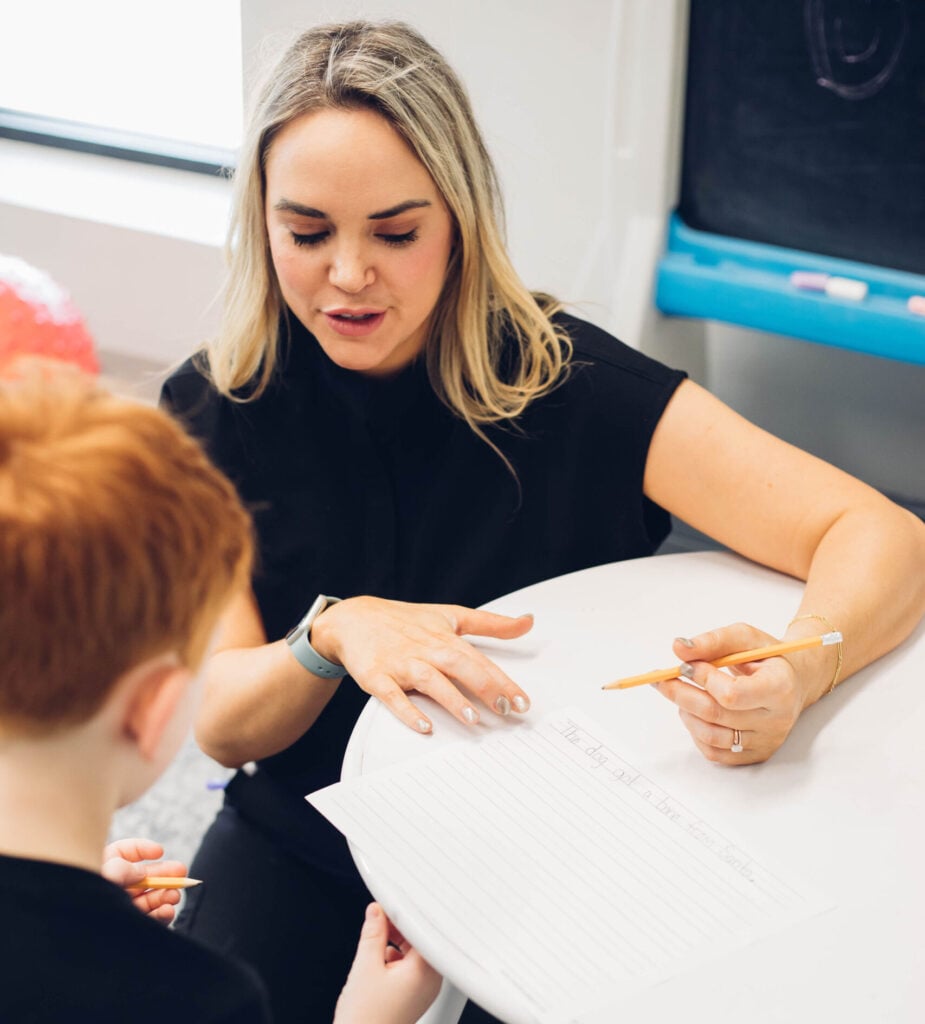Language development plays a vital role in a child’s overall growth and well-being. It is through effective communication that children express their needs, thoughts, and emotions, as well as develop meaningful connections with others. However, some children may experience challenges in their language skills, which can impact their ability to effectively communicate. This is where speech therapy comes into play, offering specialized interventions and techniques to enhance language skills, address speech delays, and foster successful communication. In this blog post, we will explore the valuable role of speech therapy in supporting your child’s language development.
Identifying Language Challenges: Speech therapy begins with a comprehensive evaluation to identify any language challenges your child may be facing. A speech-language pathologist (SLP) will assess your child’s speech sounds, vocabulary, grammar, comprehension, and social communication skills. This evaluation helps determine the specific areas that require intervention.
Individualized Treatment Plans: Based on the evaluation results, the speech-language pathologist will develop an individualized treatment plan tailored to your child’s unique needs. This plan outlines specific goals and strategies to address the identified language difficulties effectively.
Improving Articulation and Phonological Skills: Speech therapy focuses on improving a child’s articulation and phonological skills, helping them produce speech sounds accurately. Through various exercises, drills, and techniques, the SLP assists children in developing clear pronunciation and enhancing their overall speech intelligibility.
Enhancing Vocabulary and Grammar: A robust vocabulary and solid grasp of grammar are essential for effective communication. Speech therapy incorporates engaging activities to expand your child’s vocabulary, teach new words, and enhance their understanding of sentence structure and grammar rules.
Addressing Speech Delays: Children with speech delays may struggle with age-appropriate speech production. Speech therapy targets these delays, working on specific speech sounds or patterns that the child finds challenging. The SLP uses various techniques to help children articulate sounds correctly, promoting clearer speech and reducing frustration.
Promoting Language Comprehension: Speech therapy addresses not only expressive language but also receptive language skills. SLPs utilize interactive games, stories, and other activities to improve your child’s ability to understand and follow directions, comprehend questions, and grasp concepts.
Social Communication Skills: Communication is more than just words. Speech therapy also focuses on enhancing your child’s social communication skills, including turn-taking, maintaining eye contact, initiating, and sustaining conversations, and understanding non-verbal cues. These skills are crucial for building relationships and participating effectively in social interactions.
Encouraging Assistive Technology: In some cases, assistive technology can play a significant role in supporting language development. Speech therapy introduces and integrates appropriate augmentative and alternative communication (AAC) systems, such as picture boards, sign language, or electronic devices, to aid children with limited verbal abilities.
Collaboration with Parents: An essential aspect of speech therapy is involving parents as active participants in their child’s progress. The speech-language pathologist guides parents on strategies to reinforce therapy goals at home, providing practical activities and communication-enhancing techniques for everyday situations.
Progress Monitoring and Continued Support: Speech therapy is a dynamic process that requires consistent monitoring and support. Regular progress assessments help track your child’s development, allowing adjustments to therapy techniques and goals as needed. Ongoing support from the SLP ensures continuous progress and facilitates successful language acquisition.
Speech therapy plays a crucial role in enhancing your child’s language skills, addressing speech delays, and promoting effective communication. Through tailored interventions and strategies, speech-language pathologists support children in improving articulation, expanding vocabulary, understanding grammar, and developing social communication skills. By embracing speech therapy as an integral part of your child’s developmental journey, you provide them with the ability to thrive in all settings including at home, school, birthday parties and more!
At our clinic, we can help with all of these situations and more. If your baby or child needs pediatric therapy, we can help get them on the road to success. Call us at (318) 746-1199 today for a free phone screening!

